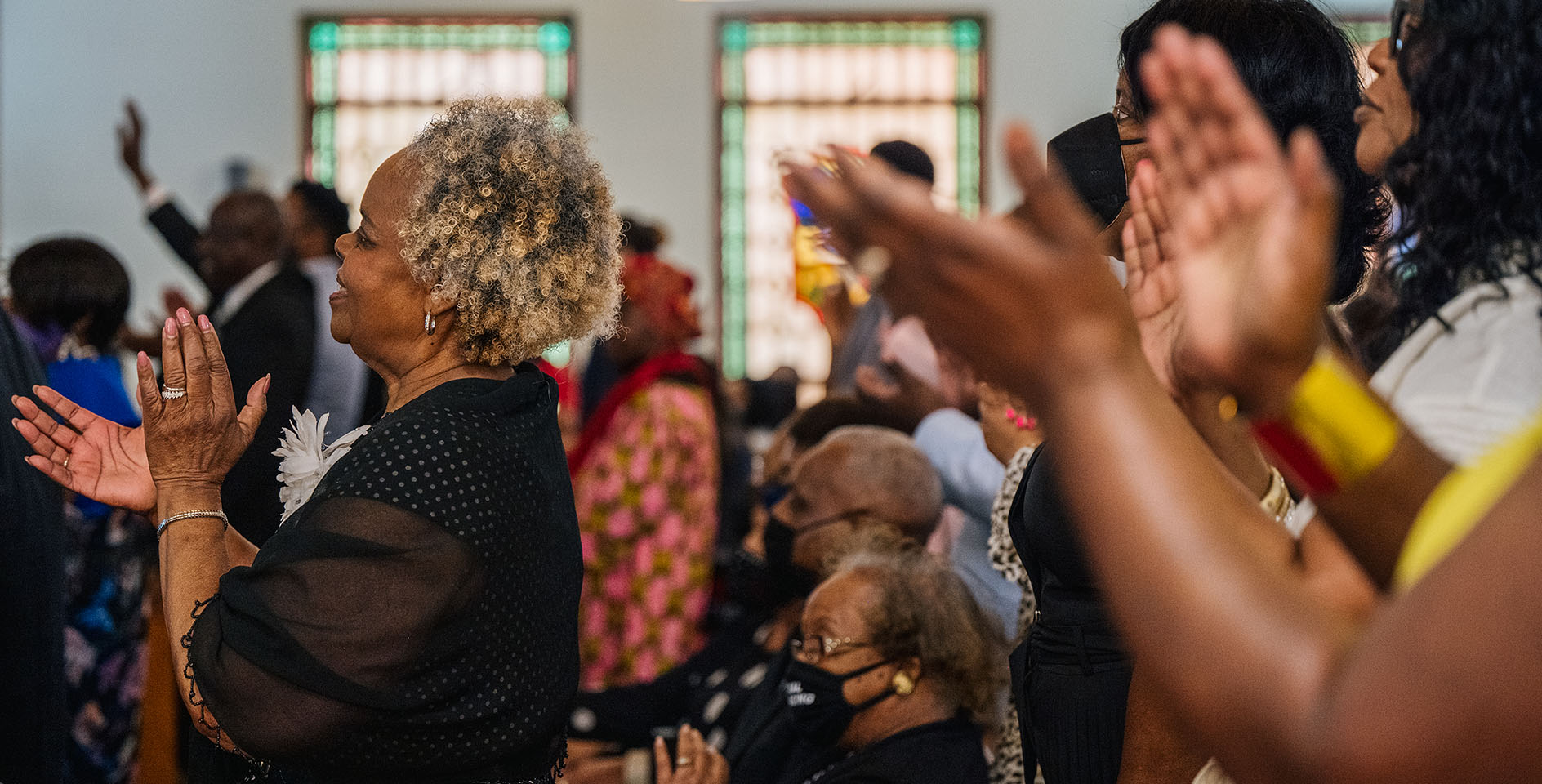Why is the issue of human trafficking important for evangelical churches to consider?
It’s an important question culturally because it’s so widespread. Every person should be concerned about his or her abused neighbors.
But it’s also an important question theologically. When thinking about sex trafficking, we need to answer questions like these: (1) Who is God? (2) What is a person? (3) How powerful is the gospel?
If we believe that God is a God of justice, then we should desire to reflect his character by seeking justice on behalf of the oppressed. If we believe that people are actually created in the image of God, then we must conclude that they are worthy of respect, dignity and basic human rights. We should value all people because we value their maker.
In addition to basic human rights, I also believe that it’s not right for someone not to hear the gospel, and in many cases, those trapped in slavery may never be exposed to the Good News, which promises them new life, and a kingdom where lions and lambs play together. Jesus is the life-changer – he can change the hearts of not only those enslaved, but even the hearts of wicked enslavers. By his grace, God causes the dead come to life; the enslaved to go free; the unrighteous to become righteous; and the broken to dance with joy. That’s the ultimate hope that we have to offer the world, but we may never have that privilege if we don’t first engage on the physical, economical, judicial, and societal front.
We can’t live with our heads in the sand on this issue; we need to be alert, wise, compassionate, and gospel-driven in order to love our enslaved neighbor, and to reflect the nature of our merciful and just God.
When you think about human trafficking, what is a key aspect that churches aren’t addressing adequately? Why is that the case?
I can’t speak for every church, but my instinct is that we aren’t doing much of anything. Of course, they’re exceptional churches, but my hunch is that many churches aren’t addressing the issue theologically, consistently and strategically.
Why the neglect? Well, some think that doing justice ministry is a distraction to the real mission, that it’s a “slippery slope to liberalism,” that it’s a fad or that it’s something that’s simply optional. I reject all of these.
Others aren’t engaging the battle because of fear (justice work requires courage), despair (“the problem is so great, what’s the point?”), apathy or ignorance (they’ve never been taught about the issue and the Christian response).
One of the areas I’m most passionate about – and an area I think the church should explore more – is aftercare. Many victims who are rescued from trafficking need loving, restorative care. They need everything from basic skill training to a basic understanding of the gospel. They need to see what a healthy family looks like, and what a healthy church looks like. We who have been welcomed into the kingdom by Jesus, should be quick to welcome those who need healing.
Of course, this is not the only thing we can do (we should also be speaking truth to power, praying, relieving poverty and trying to fix broken structures that increases vulnerability), but this is one area that comes to mind immediately. Gospel-centered aftercare is a huge need.
The 2014 ERLC Leadership Summit conference seeks to apply the gospel to issues related to human sexuality. What are some ways the gospel relates to human trafficking?
In Luke 7, there is a beautiful scene of a woman who is simply called “A sinful woman.” Most commentators think she was a prostitute. We don’t know her name, and we don’t know why she got involved in such a life. But what we do know is that she worshiped Jesus far better than the religious Pharisees. Why? Because she had been changed by Jesus. She who spent her whole life practicing a perverted form of hospitality (prostitution), was now, in purity, washing the feet of Jesus with her hair; she who spent her whole life giving unholy kisses, couldn’t stop kissing his feet; she who spent her whole life being abused by men, was being valued by the greatest of all men. Her dignity was restored. Her sins were forgiven. And consequently “she loved much” (7:47). Jesus says, “Do you see this woman?” We should see her, and we should act. Let’s free battered and broken people from the jaws of evil men, and introduce them to the Savior, who alone can say, “Your sins are forgiven…. Your faith has saved you; go in peace” (7:48, 50).
If evangelical churches transformed the way they handled the subject of trafficking, how would it reshape their congregations?
It would make us more like Jesus. We should be measuring spiritual maturity by how much we look like Jesus, not by how many books/blogs we’ve read, how many retweets we got this week, or by how many sermons we podcasted this week. When you read the New Testament, you can’t help but to catch the spirit of Jesus’ concern for the poor and the marginalized. We should long to look like him. And if we would care for these individuals, we would not only look more like Jesus, we would also find amazing personal blessing, we would realize that word and deed ministry go together powerfully, and we would provide an attractive witness to a watching world.









